I was in fifth grade when I wrote my first poems about the life of Charles Darwin for a school assignment. I created 15 separate haikus about pivotal moments in Darwin’s life, which, looking back, was a weird assignment for my first time writing poetry. With no clear guidance on writing haikus outside of their metrical structure, I thought of a haiku as an essay cut down into extremely short sentences, or, essentially, prose.
As I read more poetry in middle school, I gained a better idea of how to write it, and I learned there was so much more to poetry beyond its definition. I noticed poetry wasn’t as rigid in form and theme as I imagined and realized poems have the power to evoke feelings that change depending on the person.
Writing poetry has made me more creative; I started off with haikus and freeform poetry, but as I grew older, I began experimenting with meter and form to elevate the visual and auditory impact of my words. I found that writing poetry about the mundane can be fun, and it has helped me find new ways to describe common objects like a bed or a pencil.
Poems don’t necessarily need punctuation, capitalization or proper grammar. I grew to see poetry as a malleable form of expression in which universal and nuanced topics can be communicated in as little as a single letter. As my understanding of poetry deepened, I began to feel a greater appreciation for poets and how their ideas are often communicated in a way that leaves the reader to interpret them.
Poems often have double or hidden meanings, which are communicated through a variety of literary devices. “Thirteen Ways of Looking at a Blackbird” by Wallace Stevens demonstrates this in a metaphor exploring the different ways to see a bird in unique settings in nature, offering 13 ways to interpret the blackbird’s presence as it flies.
This interpretation aspect of poetry is especially important, as finding unique messages in poems is a fulfilling way to gain new perspectives and think critically about what words could represent. While genres of novels such as fiction also offer room for readers’ interpretations, there is often more context and plot for readers to draw from, making their interpretations less personal and more plot-based. Poems are often shorter than works of fiction but have equally impactful themes, allowing readers to more easily read and interpret them in a shorter amount of time.
In middle school, I gleaned my own interpretations from poems like “Remember” by Joy Harjo and “Lines Written in Early Spring” by William Wordsworth, which helped me develop a more personal appreciation of the complexities of nature and how humans have impacted it. Personal connections to poetry can spark a desire to create change in response to issues. Personally, middle school assemblies and lessons on the importance of recycling attempted to do the same for environmental issues but rarely succeeded.
Poetry is also a powerful medium for shedding light on a cause. For example, I recently co-published an anthology of work from artists and writers from both the United States and Ukraine, and I contributed a poem highlighting the need for more empathy across the globe. My goal for this book is to raise awareness of humanitarian crises like the Russo-Ukrainian War through mediums of writing and art.
For anyone looking to read poetry but doesn’t know where to start, I recommend reading any poems on Poetry Foundation that catch your eye; as one of the largest online poetry databases, there are more than 46,000 poems to choose from. I especially recommend a poem called “Ars Poetica” by Archibald MacLeish about the art of writing poetry and what makes a successful poem. For anyone looking to write poetry, I suggest starting off with short form poetry like haikus and limericks.
I use poetry as an outlet to develop my creativity, process my actual experiences and ponder anything in my life that I find interesting. Poetry doesn’t have to express monumental ideas or experiences; the world’s shortest poem can be uniquely interpreted by different people. As for me, I see my haikus about Darwin as my first step into the amazing world of poetry, and learning to interpret poems has helped me discover new ways to explore this world.








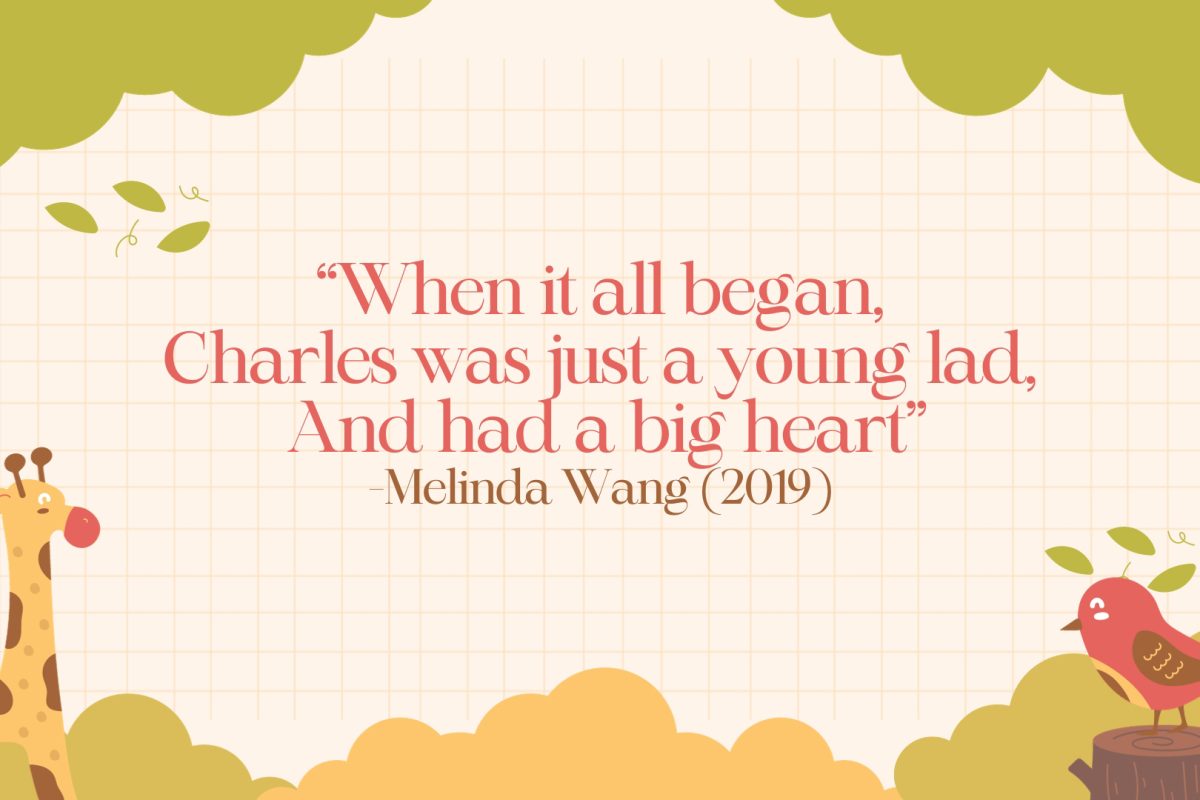
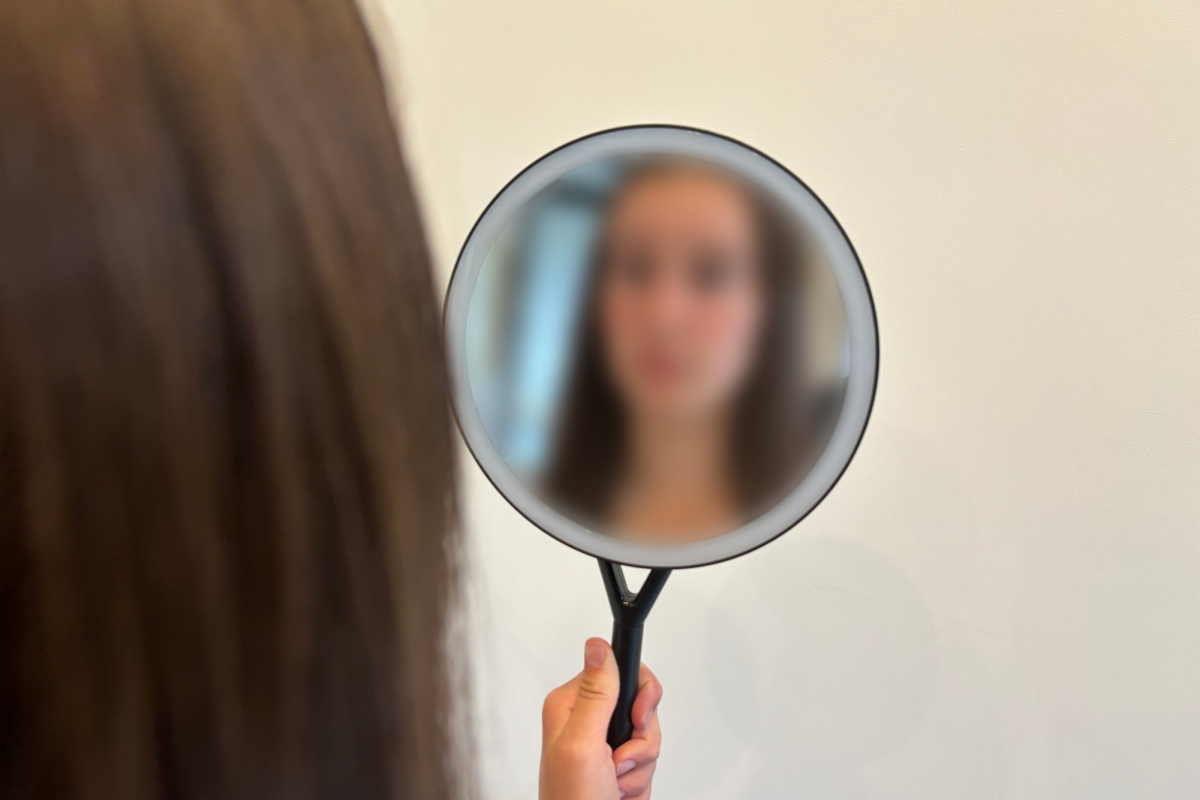

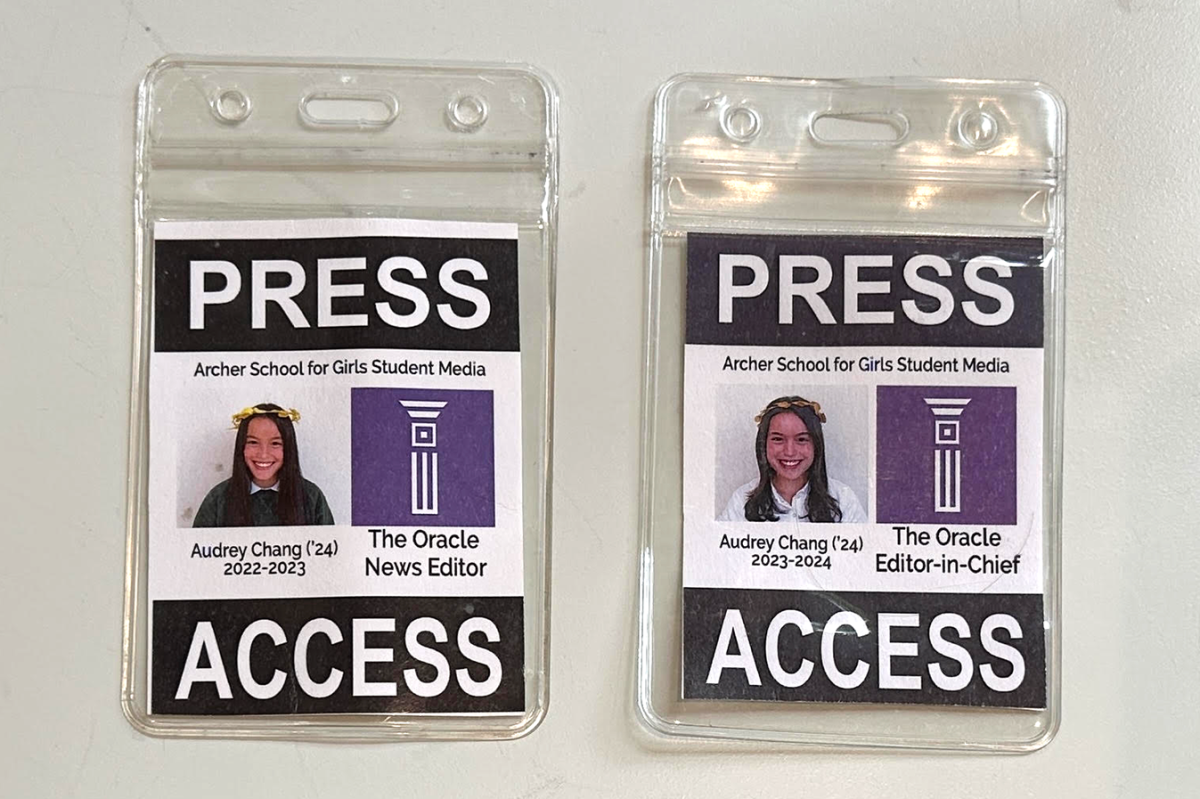

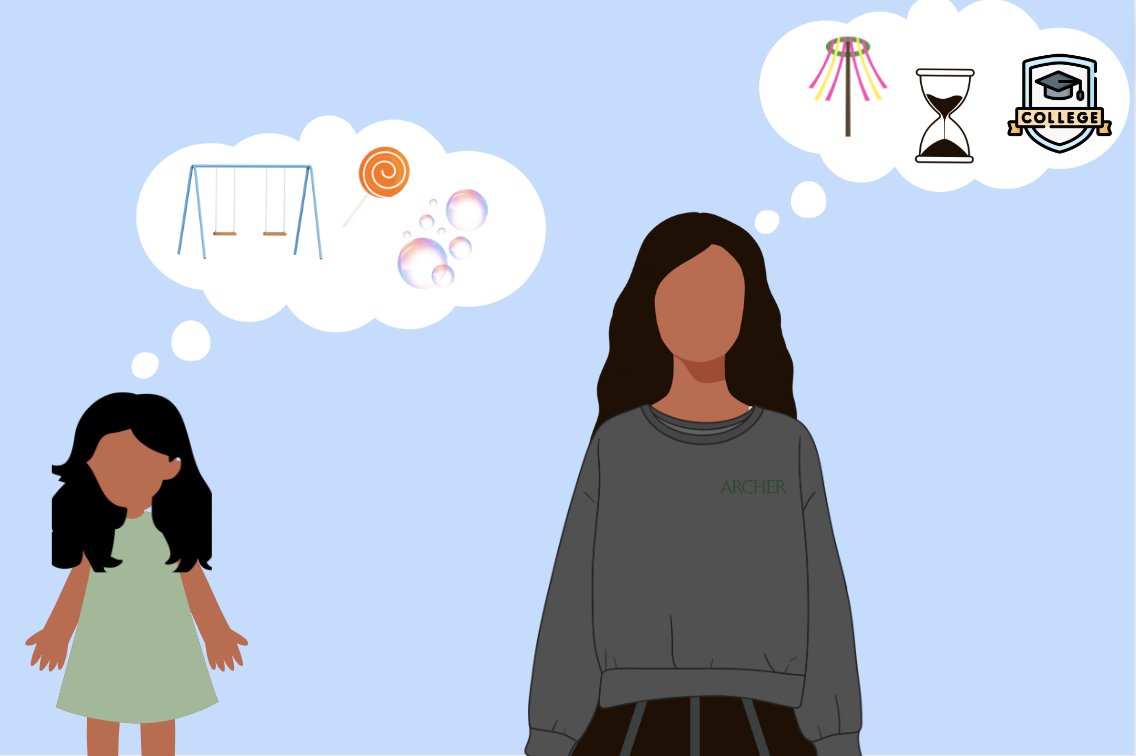
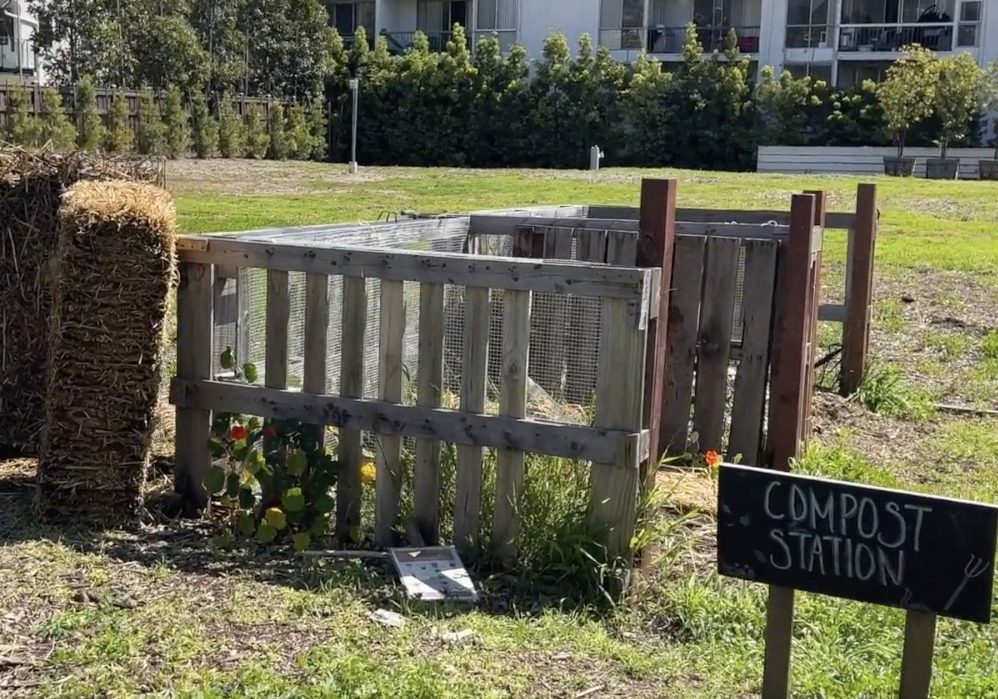
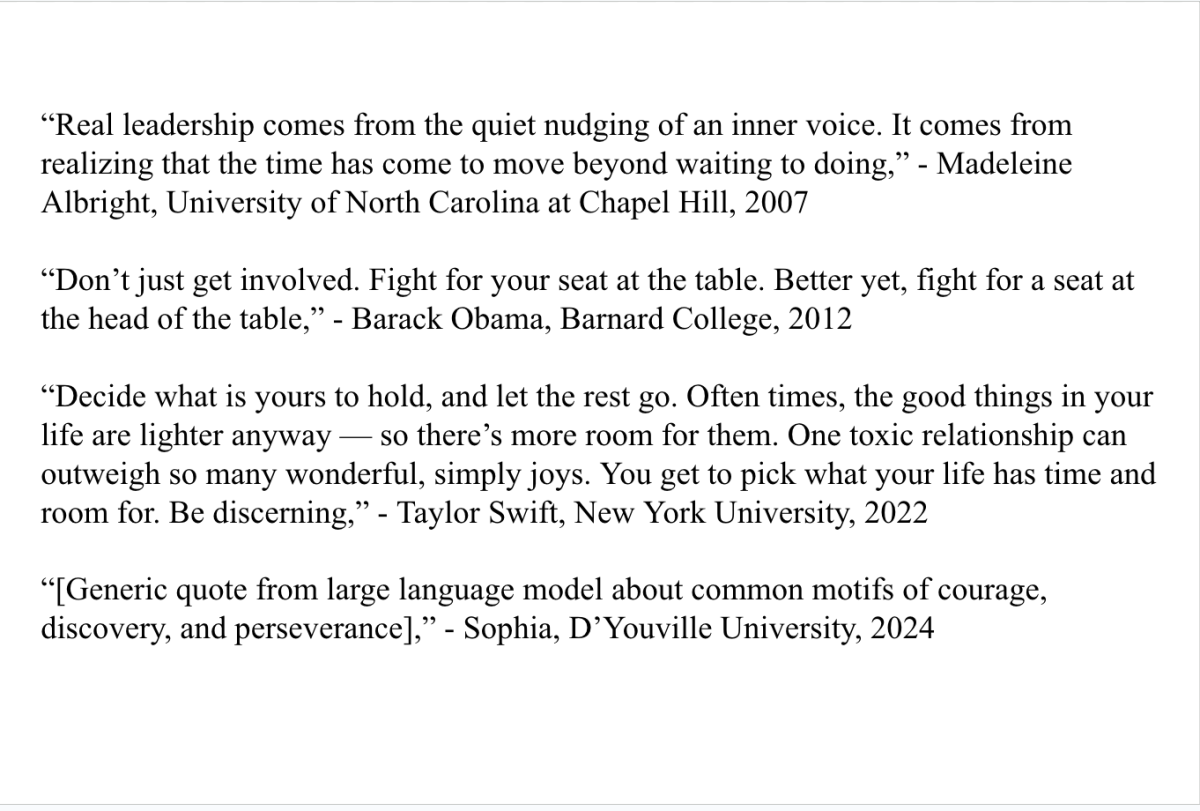
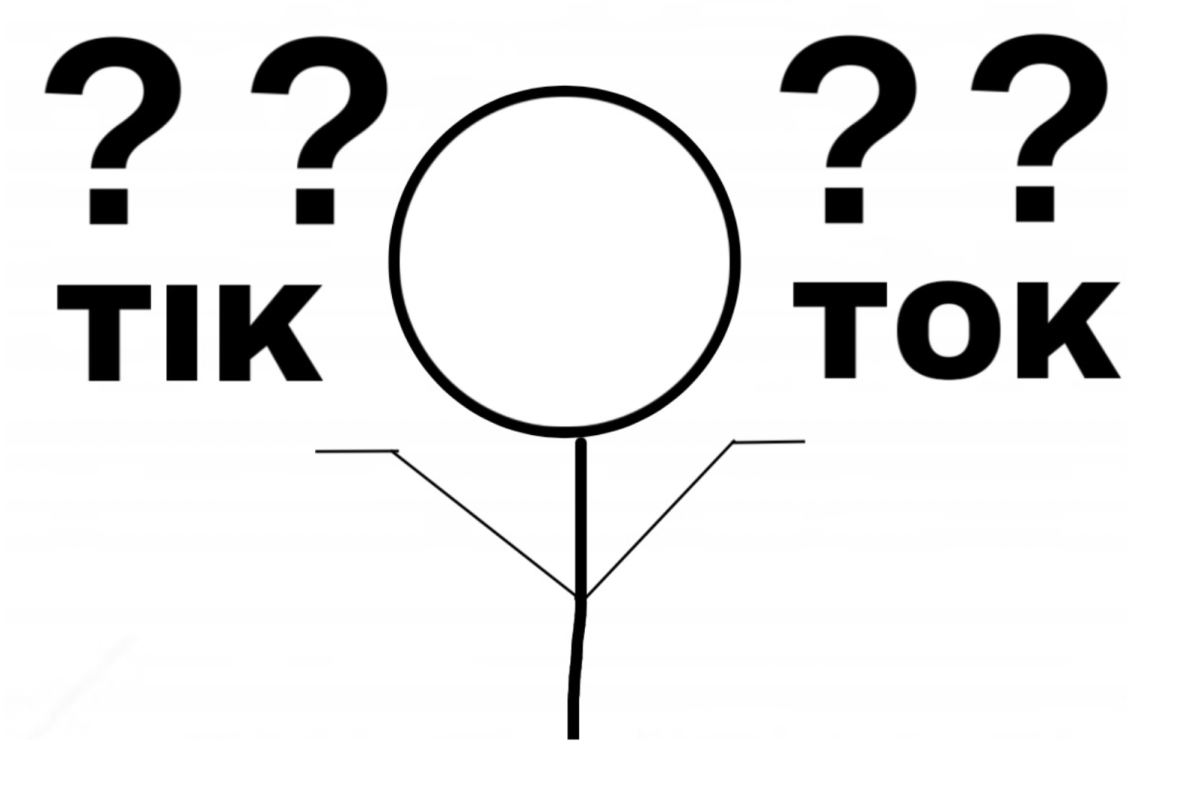
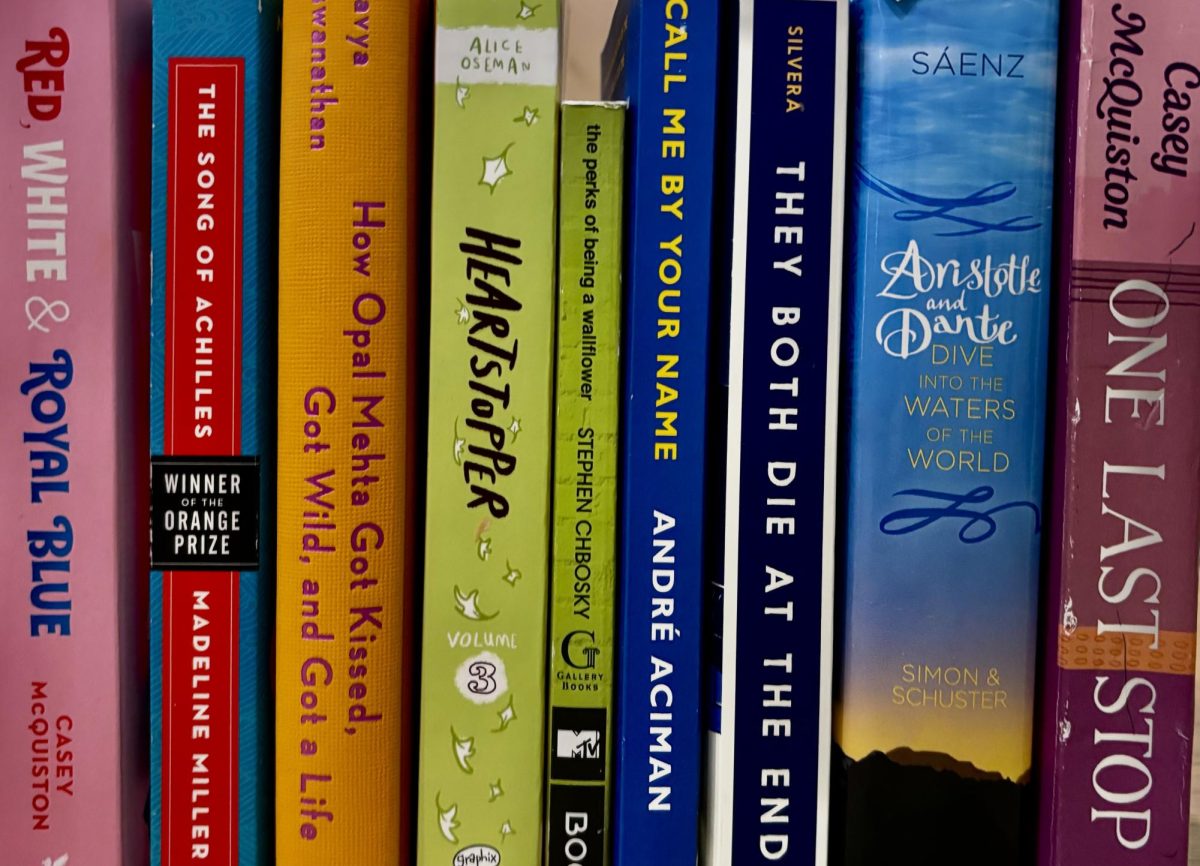

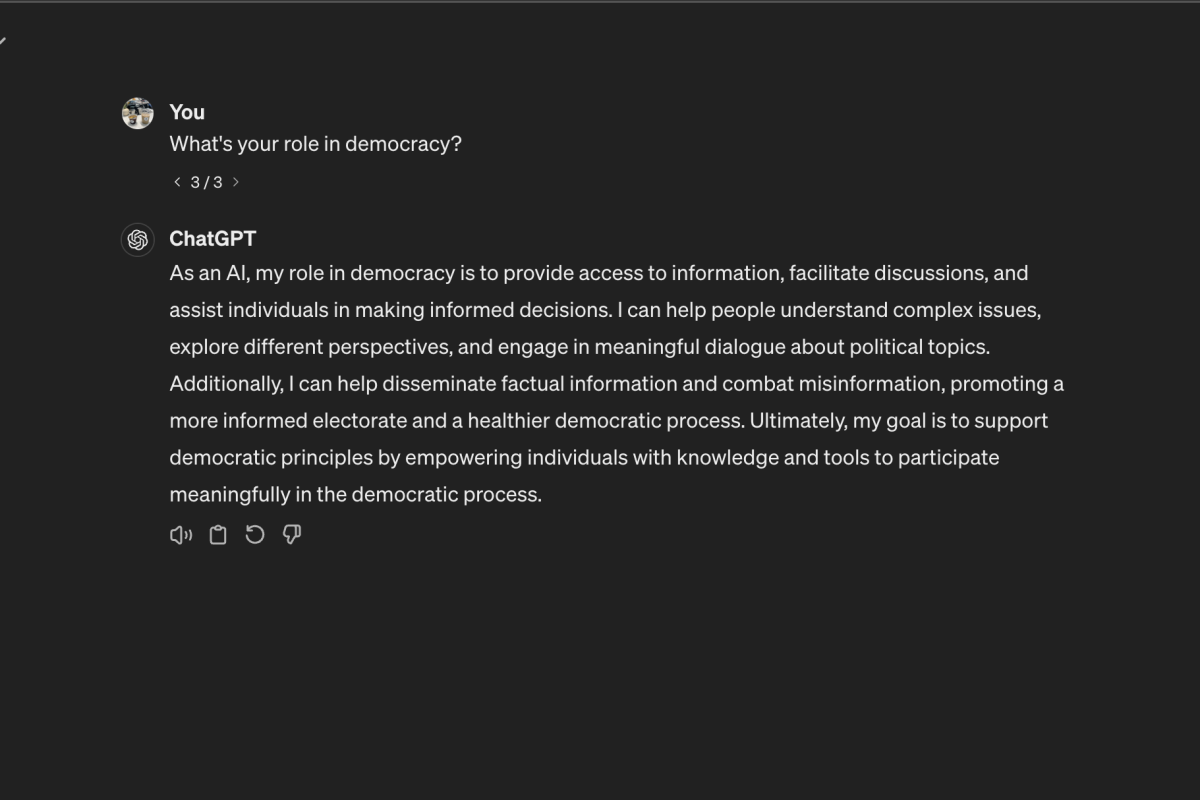

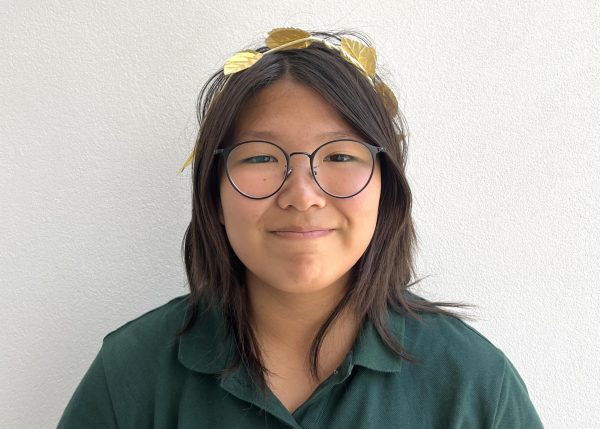
raymond • Mar 25, 2024 at 10:13 pm
Poets use rhythm, rhyme, and literary devices to convey the intensity of their feelings, creating an emotional resonance with readers.